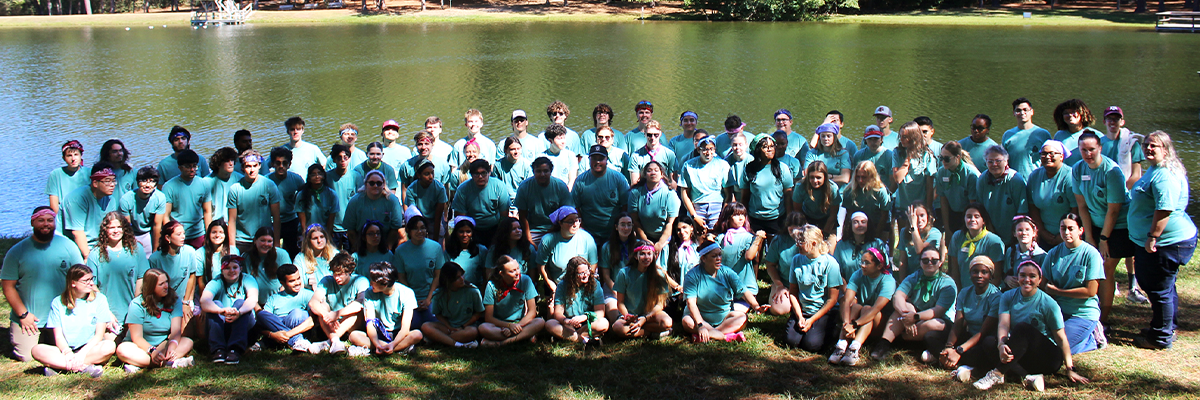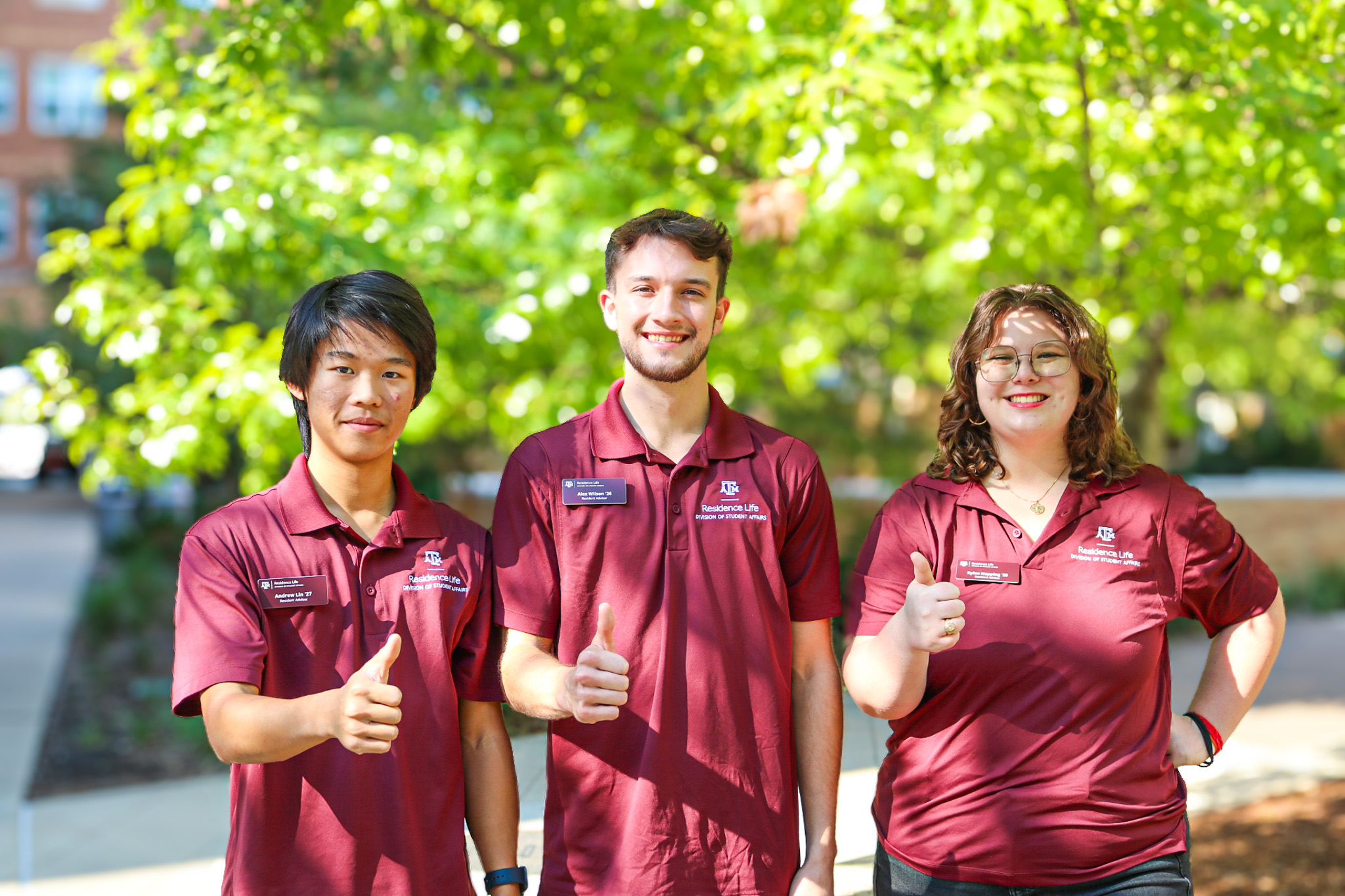Carlos Cruz ’27 is a Public Health major on the pre-med track and a First-Generation Peer Mentor with Texas A&M Residence Life. As the first person in his family to attend college, Carlos brings real-world experience to his role in helping other Aggies from similar backgrounds.
Carlos was born and raised in El Salvador and moved to the United States at the age of 15. When he first became a student at Texas A&M, he quickly realized how challenging it could be to navigate college without familial guidance.
“Neither my parents nor I knew how to navigate the educational system,” he shared.
That experience led him to apply for the first-gen peer mentor role when the program first launched.
“I saw the position opening online, and it was the launch of this program. I didn’t really know what to expect, but I just knew I wanted to help students like me who are first-gen and trying to live their best life in college.”
Now in his second year as a mentor, Carlos plays a crucial role in supporting students both behind the scenes and directly working with them. A typical day includes checking emails, reaching out to students, preparing marketing and helping coordinate events.
“We interact with students, help answer questions, clean up and then talk together about how everything went.”
First-generation peer mentor events range from academic workshops to social and community-building programs. “We host events that are academically and socially focused,” Carlos said. “We help students with resumes, we have events to teach them how to use AI for professional use… we even host painting and music events where students can just relax.”
Many people do not realize how much planning goes into these programs. “People wouldn’t expect us to be the ones right behind everything that is planning,” Carlos said. “We come up with ideas… so everyone can be interacting.”
Balancing his responsibilities requires structure. Carlos relies heavily on his online calendar to manage work, school and personal life. “My calendar is my best friend,” he said. He blocks everything out by time, “From waking up, to having lunch, to what I’m doing in the office that day. That’s how I get through every single day.”
For Carlos, the most rewarding moments come from everyday interactions with students. “Whenever I’m not working and I’m just sitting around campus, and students say, ‘Hey Carlos,’… that’s what makes my day,” he said. “I know I’m making an impact in their life and changing at least a few things in their experience.”
Carlos plans to become a doctor and sees his mentor role connected to that future goal. “One of the most important skills I’ve learned in this job is interacting with people,” he said. Carlos’ motivation to pursue medicine is rooted in his childhood and community. “I want to be a doctor because I want to make a change in my community,” he said. “I come from an underserved community, and I want to provide quality healthcare.”
Through his work as a first-gen peer mentor, Carlos continues to support students navigating college for the first time, just as he once did.









